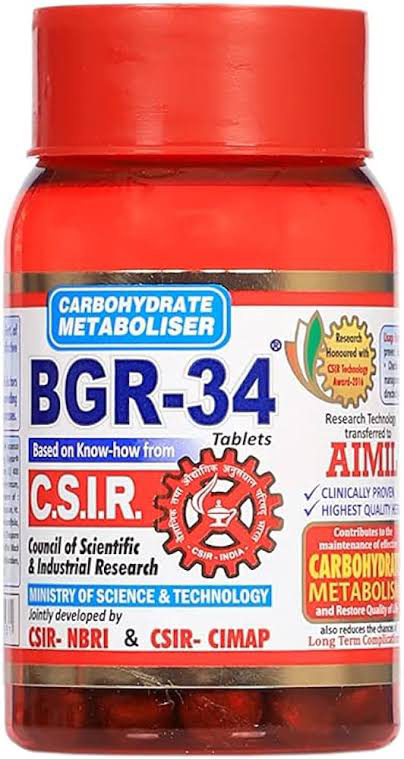I am to help people who are searching for their health supplements for their well being
Tuesday, 24 September 2024
Review of Electroslim
What antioxidants are found in onions and garlic, and how do they benefit overall health?
Antioxidants in Onions and Garlic: A Health Boost
Both onions and garlic are packed with antioxidants, which help protect your cells from damage caused by harmful free radicals. These free radicals can contribute to various health issues, including heart disease, cancer, and premature aging.
Key antioxidants found in onions and garlic include:
* Quercetin: This flavonoid has been linked to various health benefits, such as reducing inflammation, improving heart health, and potentially fighting cancer.
* Allicin: This sulfur-containing compound is primarily found in garlic and is responsible for its characteristic odor. It has been shown to have antioxidant, antimicrobial, and anti-inflammatory properties.
* Sulfides: These compounds, also found in garlic, have been studied for their potential to lower cholesterol levels and improve cardiovascular health.
How these antioxidants benefit overall health:
* Protect against chronic diseases: By neutralizing free radicals, these antioxidants can help reduce the risk of chronic diseases like heart disease, stroke, and certain types of cancer.
* Boost immunity: Antioxidants can help strengthen your immune system, making you less susceptible to infections and illnesses.
* Reduce inflammation: Inflammation is linked to many health problems. The antioxidants in onions and garlic can help reduce inflammation throughout the body.
* Improve skin health: Antioxidants can help protect your skin from damage caused by the sun and environmental pollutants, promoting a healthy and youthful complexion.
Incorporating onions and garlic into your diet can be a simple and delicious way to increase your intake of these beneficial antioxidants.
Saturday, 21 September 2024
BGR 34
Wednesday, 18 September 2024
How does the lowest cholesterol protein powder benefit individuals with high cholesterol?
How Low-Cholesterol Protein Powder Can Benefit Individuals with High Cholesterol
While there isn't a direct correlation between protein powder consumption and lowering cholesterol, it can be a helpful tool in your overall cholesterol management strategy.
Here's how:
* Nutrient-Dense Alternative to High-Cholesterol Foods: Many protein powders are derived from sources like whey, plant-based proteins (soy, pea, hemp), or egg white. These sources are generally low in saturated fat, which is a major contributor to high cholesterol. By incorporating protein powder into your diet, you can reduce your intake of high-cholesterol foods like red meat and full-fat dairy.
* Supports Weight Management:
Maintaining a healthy weight is crucial for managing cholesterol levels. Protein powders can help you feel full and satisfied, reducing the likelihood of overeating and gaining weight.
* Provides Essential Nutrients: Protein powders can be fortified with vitamins and minerals that support overall health, including those that may play a role in cholesterol regulation.
* Convenience: Protein powders offer a convenient way to increase your protein intake, especially for those with busy lifestyles. They can be easily incorporated into smoothies, oatmeal, or baked goods.
However, it's important to note that:
* Individual results may vary. While protein powder can be beneficial, it's not a magic bullet for lowering cholesterol.
* Other lifestyle factors are crucial. To effectively manage cholesterol, you should also focus on a balanced diet, regular exercise, and avoiding unhealthy habits like smoking.
* Consult a healthcare professional. Before making significant changes to your diet or exercise routine, it's always advisable to consult with a healthcare provider.
In conclusion, while low-cholesterol protein powder can be a valuable addition to a healthy diet, it should be used in conjunction with other lifestyle modifications to effectively manage high cholesterol.
Saturday, 7 September 2024
What is the role of diet in preventing heart attacks?
Diet plays a crucial role in preventing heart attacks. A heart-healthy diet can significantly reduce your risk of developing heart disease, which is a major cause of heart attacks.
Here are some key ways diet can help:
* Lowering cholesterol: Consuming foods rich in soluble fiber, such as oats, fruits, and vegetables, can help lower LDL (bad) cholesterol levels.
* Managing blood pressure: A diet low in sodium and rich in potassium can help regulate blood pressure, reducing the strain on your heart.
* Promoting weight loss: Maintaining a healthy weight through a balanced diet can lower your risk of heart disease.
* Providing essential nutrients: A diet rich in fruits, vegetables, whole grains, and lean proteins provides essential nutrients that support heart health.
Key components of a heart-healthy diet include:
* Plenty of fruits and vegetables: These are packed with fiber, vitamins, and minerals.
* Whole grains: Opt for whole-grain bread, pasta, and brown rice to increase fiber intake.
* Lean proteins: Choose fish, poultry, beans, and legumes over red meat.
* Healthy fats: Incorporate unsaturated fats found in avocados, nuts, and olive oil.
* Limit saturated and trans fats: These fats can raise LDL cholesterol levels.
* Reduce sodium: Choose low-sodium options or limit added salt.
By making these dietary changes and consulting with a healthcare professional, you can significantly reduce your risk of heart attacks and improve your overall heart health.

